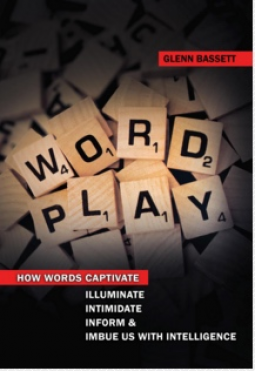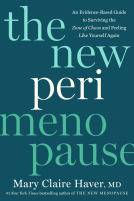
WordPlay
How words captivate, illuminate, intimidate, inform, and imbue us with intelligence
by Dr. Glenn Bassett
This title was previously available on NetGalley and is now archived.
Send NetGalley books directly to your Kindle or Kindle app
1
To read on a Kindle or Kindle app, please add kindle@netgalley.com as an approved email address to receive files in your Amazon account. Click here for step-by-step instructions.
2
Also find your Kindle email address within your Amazon account, and enter it here.
Pub Date Oct 14 2015 | Archive Date Dec 02 2015
Description
A Note From the Publisher
Author is available for interviews, blog tours, autographed book giveaways, contests, and book club discussions. Print copies are available upon request.
Marketing Plan
Dr. Glenn Bassett is a retired professor of management, Dean at the University of Bridgeport, and former member of the General Electric corporate team. After receiving a baccalaureate from the University of California, Berkeley, he was awarded a doctorate in Social Psychology by Yale University. Dr. Bassett specializes in Social Psychology with an emphasis on applied behavioral research. The author of eight books on management subjects, his recent title WordPlay represents a return to his academic roots in Psychology and Social Psychology.
Available Editions
| EDITION | Paperback |
| ISBN | 9781492985389 |
| PRICE | $16.99 (USD) |
Links
Average rating from 6 members
Featured Reviews
 Andy L, Reviewer
Andy L, Reviewer
The best way to describe reading this book was imagine if you invited a cross-section of college professors out for coffee…and then proceeded to buy them double espressos for an entire morning. After they are all on caffeine high for the ages, you ask them if they have read anything interesting of late. This book would be the barrage in response to that question.
=== The Good Stuff ===
* The book covers some fascinating ground. It deals with topics that I would consider to be linguistics, psychology, biology, behavioral sciences, law enforcement, and probably a dozen others. The subjects discussed are real-world, practical, and well explained, and might be useful in any number of everyday endeavors. For example, one of my favorite topics concerned the word “reasonable”. It is commonly used in American business and criminal law, and yet the word translates poorly, or not at all, into any number of languages. That helped explain many of the contract issues I have had in Asia over the years.
* Other topics were equally fascinating. Dr. Bassett probes at the phenomenon of innocent people confessing to criminal acts, and examines the psychology behind what can trigger it. He also probes the nature of a small child’s relation with the abstraction of language, and how that development affects the child’s development.
* Other topics were equally interesting, if slightly less obvious in application. The Hopi language has no real concept of verb tense, other than a simplified scheme of what has already happened or is happening, what might happen, and a sort of ethereal tense not related to time at all. That was probably very appropriate to the Hopi life, but seems totally unworkable for modern civilization.
=== The Not-So-Good Stuff ===
* Bassett likes to use lots of works, and write in long paragraphs. The language isn’t complicated or obscure, but his sentences and grammar are more of the academic than the popular writer.
* There is not a lot of organization to the book. It seems to jump from topic to topic, almost at random and with little segue or relation between sections. To be honest, I found the book somewhat fatiguing to read, but the content was interesting enough that I continued.
=== Summary ===
There is a good amount of interesting information in this book, it can just be a little bit exhausting to extract. Most of the “facts” are presented as finished products, so there is not a lot of information on how these theories were developed, or what the conflicting opinions might be. Still, as an overview of some rather interesting and practical information, the book was a success.
Readers who liked this book also liked:
Sheinelle Jones
Biographies & Memoirs, Parenting, Families, Relationships, Self-Help


















